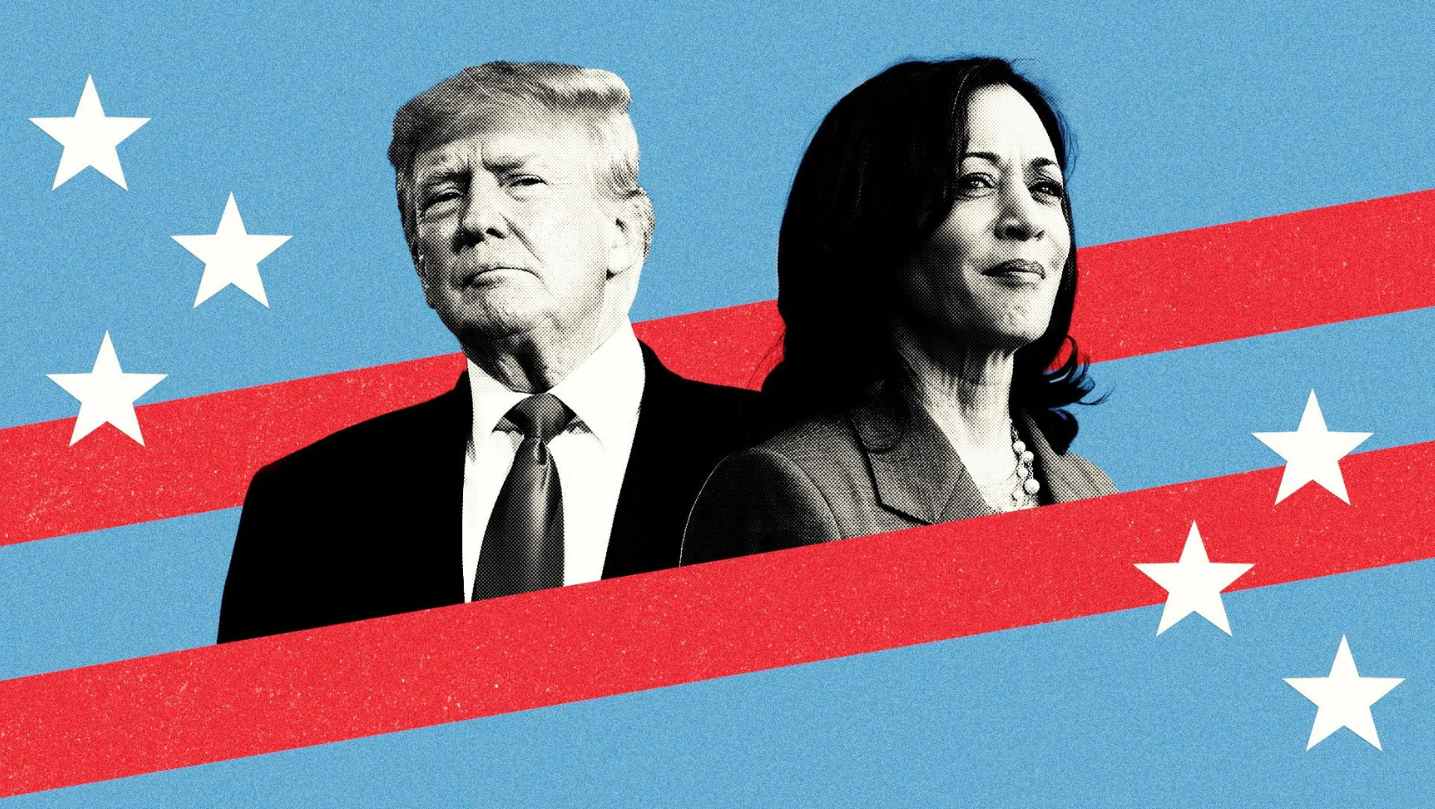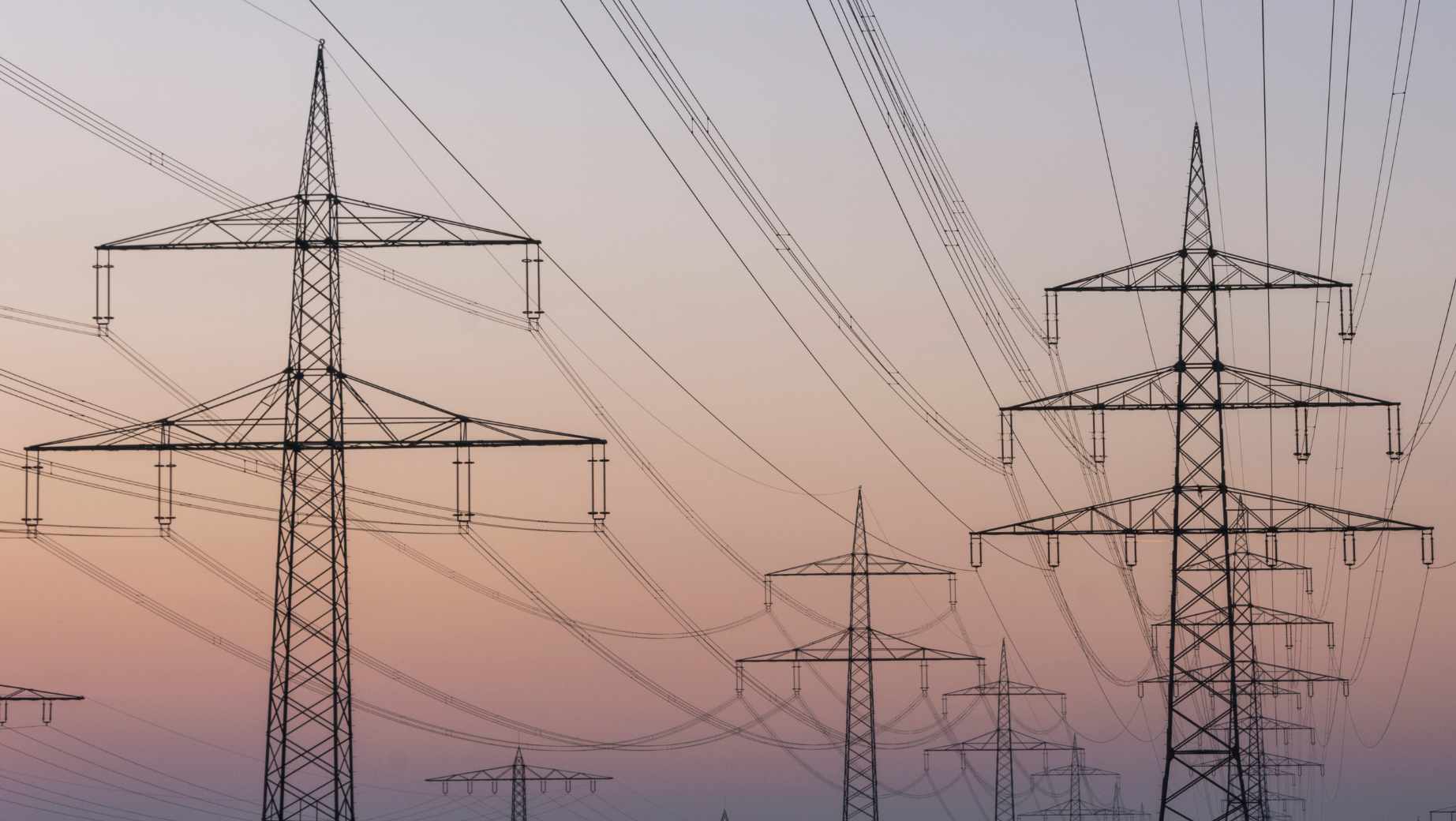American Expats in Prague: Navigating Political Echo Chambers Ahead of 2024 Election
Victoria Kiper

American expats in the Czech Republic are navigating a complex political landscape as the 2024 U.S. election looms near.
Their unique position—balancing American identity with local influences—shapes their political views and engagement. However, this blending of cultures can lead to the formation of echo chambers that may distort their understanding of the broader political climate back home.
Here are some key considerations for American expats in Prague and the Czech Republic as they prepare for the upcoming election.
The Formation of Echo Chambers
An echo chamber refers to an environment where individuals primarily encounter information that confirms their existing views. For American expats in Prague, this dynamic can be particularly pronounced due to the liberal leanings of their social and political surroundings. The dominant left-leaning perspectives prevalent among expats in Prague and the local media can create a skewed narrative, obscuring the diverse and polarized political landscape of the U.S.
This environment may lead expats to overlook critical viewpoints from conservative Americans and those with differing ideologies. This bias could unintentionally limit their understanding of the electoral dynamics at play back home.
Voting Behaviour and Low Turnout
When it comes to voting habits, U.S. citizens living abroad tend to lean left, with approximately two-thirds of expats supporting the Democratic Party. However, despite this left-leaning sentiment, expat voting rates remain surprisingly low. Out of the roughly 8 million U.S. citizens living abroad, only about 7.8% cast their vote in the 2020 election (source).
Many expats appear to engage less actively with U.S. political discourse compared to their counterparts who remain in the country.
The Geographical Factor: Northern States and Liberal Leaning
A significant portion of U.S. expats come from the Northeast and West Coast—regions known for their liberal leanings. States like California, New York, and Massachusetts are consistently overrepresented among Americans living abroad, serving as key strongholds for the Democrat Party.
This geographical distribution contributes to the overall liberal sentiment observed among American expats in the Czech Republic, shaping their political priorities and perceptions of U.S. politics. In contrast, fewer expats originate from traditionally conservative areas, such as the South and Midwest.
Trump’s Polling Performance: Echoes of 2016
Contrary to the belief that Trump is losing momentum heading into 2024, his polling numbers remain strong, reflecting a trajectory similar to that of 2016, when he became president-elect despite losing the popular vote by nearly 3 million votes. Trump secured the presidency through the Electoral College by winning key battleground states such as Michigan, Wisconsin, and Pennsylvania.
While the novelty and energy of his 2016 campaign may have diminished, he has maintained a loyal base, with recent polls suggesting he stands a strong chance in the upcoming election.
Notably, Trump and Harris are currently polling neck and neck, each at 48%, according to NBC News. In battleground states like Michigan, Pennsylvania, and Wisconsin, Trump is gaining momentum, while Harris holds an increasingly narrow lead. His performance in these critical states appears to be stronger than in 2020, as he continues to appeal to the same voter blocs that propelled him to victory in 2016.
Kamala Harris and Key Demographic Challenges
Harris faces significant challenges with key voter demographics, particularly among Black males and Latinos. Recent polling data indicates that Harris is set to win Black male votes by the narrowest margin for a Democrat since the 1960s—an alarming trend for a party that traditionally relies on overwhelming support from African Americans. Additionally, Latino support for Harris has been mild compared to previous Democratic candidates. These trends could have serious implications for Democratic strategy as the election approaches.
The Christian Right and Southern Voting Power
Another important demographic to watch is the American Christian Right and the Southern vote—two foundational pillars of the Republican base that often go overlooked in political discussions. White evangelical Christians have consistently supported Republican candidates at higher rates, making them a powerful force in U.S. elections. As we approach the 2024 election, both the South and Midwest may lean more conservatively than many expect.
While data on the religious affiliations of American expats is limited, their higher likelihood of atheism—and the resulting left-leaning tendencies—could skew opinion polling among foreign-based Americans (Pew Research).
Expat Voting Habits: Insights from the Community
To better understand the voting behaviour of Americans living in the Czech Republic, I conducted a poll within the Americans in Prague (& all of Czech Republic) Facebook group. The results, based on 59 responses, reflect a significant engagement with the electoral process among this community:
- 74% (44 votes) indicated they have voted or plan to vote in the upcoming election.
- 15% stated that many of their American friends abroad will vote.
- 10% reported that they do not plan to vote.
These findings highlight a relatively high level of intent to participate in the upcoming election, suggesting that while overall voting rates among U.S. expats remain low, there may be more active engagement within the expat community in Czechia.
Expat Echo Chambers versus the Political Reality
As the 2024 election looms, it’s crucial to view the sentiments from this poll in context. While many Czech-based expats are inclined to vote, the overall influence of the expat community remains limited when considering the larger U.S. electorate. With just 0.7% of the total U.S. electorate residing overseas (World Population Review), their voting tendencies should not be regarded as a definitive reflection of U.S. voting behaviour.
Still, American expats in Czechia hold the opportunity to influence U.S. politics, albeit within a limited capacity. Engaging with the electoral process from abroad requires awareness and timely action. By understanding the intricacies of the situation and the political climate back home, expats can ensure their voices are part of the broader conversation.
Lastly, echo chambers among groups of predominantly liberal American expats in Czechia may exaggerate perceived support for certain candidates. It is essential to remember that pivotal conservative strongholds within the U.S. will play a decisive role in shaping the election outcome.
How to Get Involved
For those expats who wish to have a say in shaping U.S. politics from abroad, it’s essential to act quickly as voting deadlines approach. Many states allow voters to register and request absentee ballots until 15 days before Election Day on November 5, 2024. Checking your state’s deadlines as soon as possible can ensure your voice is heard.
If you do not receive your state absentee ballot in time, you can use the Federal Write-In Absentee Ballot as a backup option. For detailed information on your state’s specific voting guidelines and deadlines, visit FVAP.gov.
-
NEWSLETTER
Subscribe for our daily news









